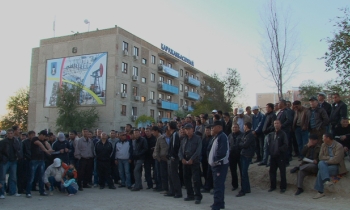The International Press Institute (IPI) on Wednesay welcomed a move by Grenada’s Parliament to remove three controversial sections from an electronic defamation law passed last year. Grenada’s official Government Information Service Opens external link in new windowreported that the House of Representatives on Friday voted to amend the Electronic Crimes Act 2013 by withdrawing three sections that IPI and other groups had criticised for their potentially harmful effects on press freedom and freedom of expression.
Section 6 of the Act mandated up to one year in prison for sending by electronic means any information that is “grossly offensive†or known to be false but reproduced in order to cause “annoyanceâ€, “insult†or “ill willâ€. Section 16 punished “electronic stalking†– defined as “intimidating, coercing, or annoying another person using an electronic system†– with up to three years in prison. Section 25 allowed police to make warrantless arrests of anyone “reasonably suspected of committing an offence†under the Act.
In Opens external link in new windowinterviews with IPI last summer, before Parliament approved the Act, legal experts and freedom-of-expression advocates faulted the then-bill for its “vague†terminology, overly broad scope and failure to include truth as a defence. IPI also expressed concern that the bill’s application to reader comment sections of online media could be use to silence legitimate public debate.
Responding to growing public unease over the bill, Prime Minister Dr Keith Mitchell Opens external link in new windowpromised in September to “make the necessary changesâ€, although an unaltered version was passed and Opens external link in new windowpublished in Grenada’s Government Gazette several weeks later.
“We welcome the Grenadian Parliament’s decision to amend the Electronic Crimes Act,†IPI Press Freedom Manager Barbara Trionfi said. “We also commend the Grenadian government for listening to and fully taking into account the concerns of journalists and press freedom watchdogs over possible chilling effects these three sections in particular could have on public speech.â€









